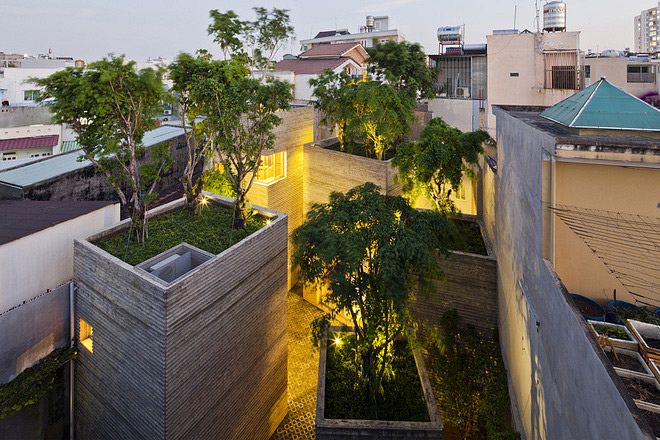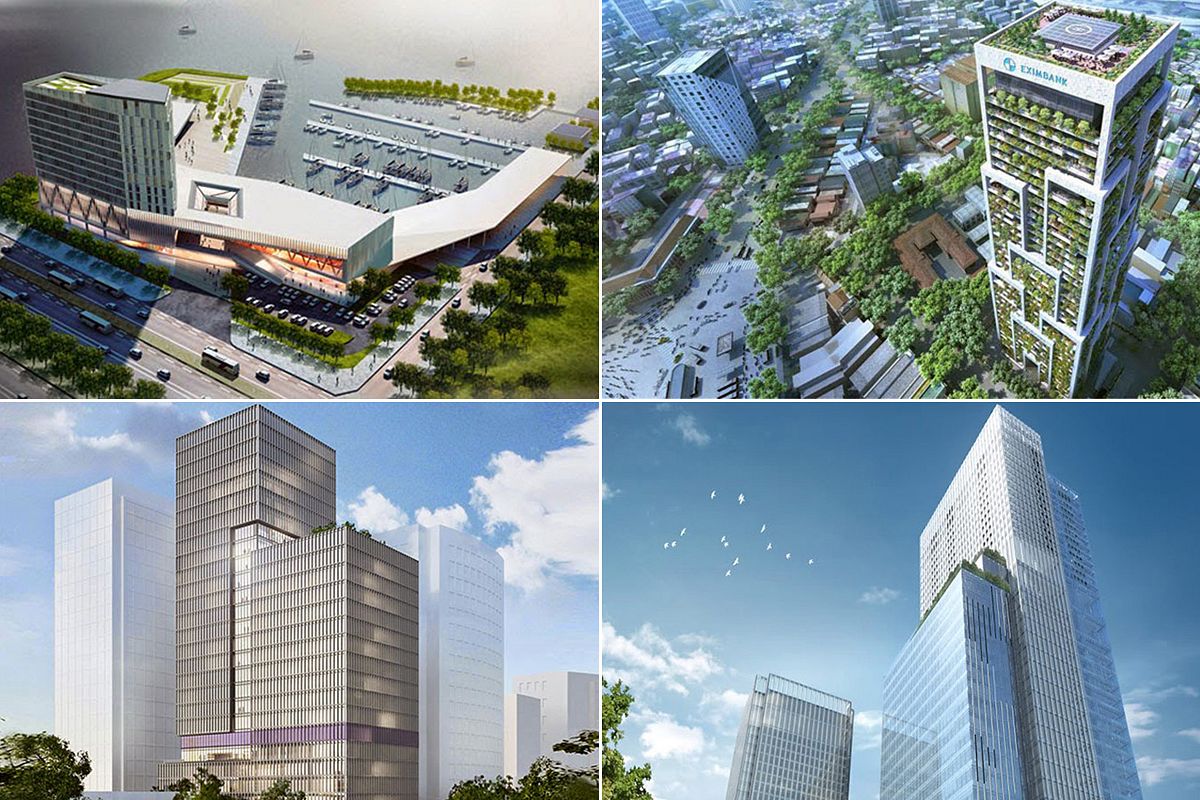The biggest casino in Vietnam will open next year.
The complex, named The Hoiana, will cost an estimated US$4 billion to build and include villas, five-star hotels, two golf courses, and of course, a casino. Located 30 kilometers south of Da Nang, the company has advertised a “self-contained world of entertainment, leisure, pleasure and luxury living.” The resort will stretch along two kilometers of coastline.
“This is a 15-20 year project,” said Henry Tam, project director of Hoi An South development, a local construction company with the Hoiana project, according to Reuters. “The area is four times the size of Macau’s Cotai strip.”
Approved in 2015, the project is still under construction but will experience a soft opening of its casino and first golf course in 2019. Macau-based operator Suncity Group hopes to open the entirety of the complex by 2023.
Of course, visitors to The Hoiana will still need a foreign passport to gamble, because it is currently illegal for Vietnamese nationals in most locations. But foreign investors in the casino industry are hoping that may soon change. As Vietnam’s public debt continues to rise dangerously high (it pushed the 65% legal ceiling in 2016), taxes from casinos could bring in a sorely needed influx of cash to state coffers.
Indeed, in 2017, the Vietnamese government approved gambling licenses for pilot casinos, one on Phu Quoc Island, which it hopes to develop as an economic hub, and another in Quang Ninh in the north. They are both currently under construction.
While some foreign companies have been hesitant to invest in the casino industry in Vietnam in the current regulatory environment, more hopeful investors see an egg waiting to hatch.
One government-endorsed study indicated that US$800 million in potential annual revenue is lost to Cambodia, where many Vietnamese often go to gamble. A 2017 study from a Macau-based analyst estimated that gaming revenue in Vietnam could peak at billions of dollars.
But SunCity Group hasn’t acquired the necessary licenses to cater to locals just yet. For the time being, they’ll market primarily to tourists, particularly to the Chinese, with whom they’ve had success with at their properties in Macau. With The Hoiana, they’ll wager they can do it again.
[Photo via Hoiana]














